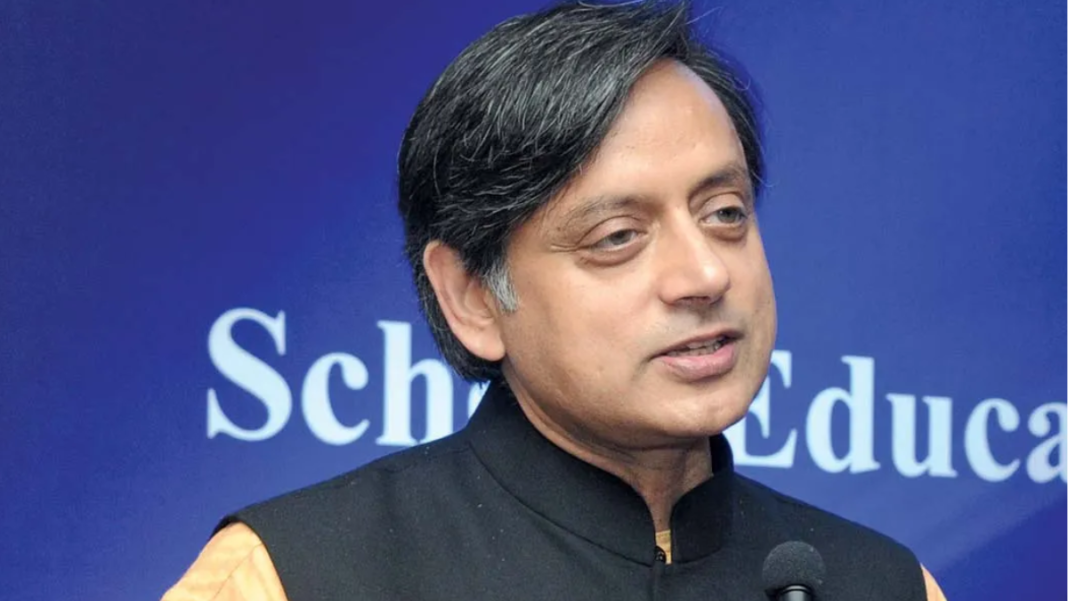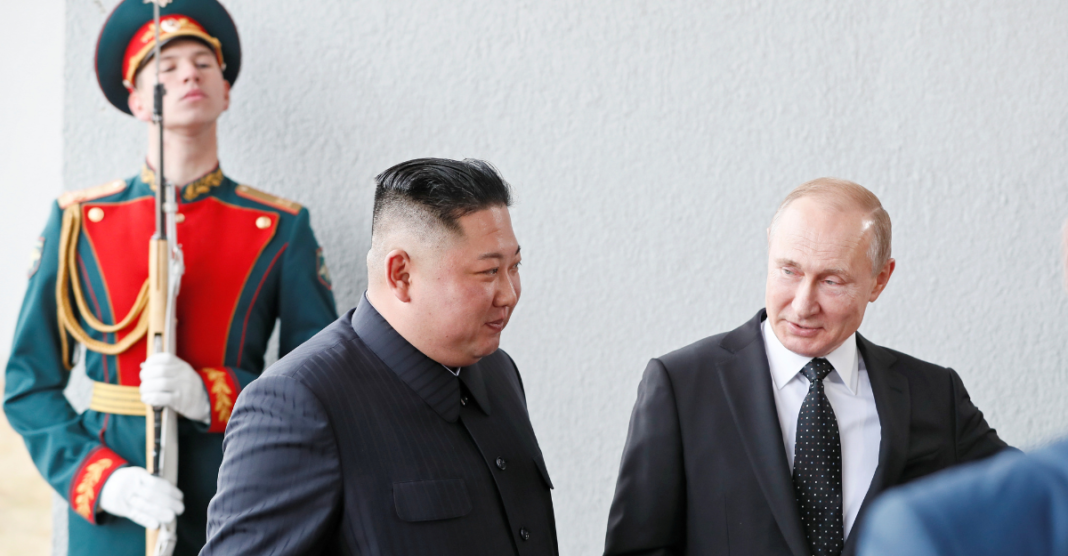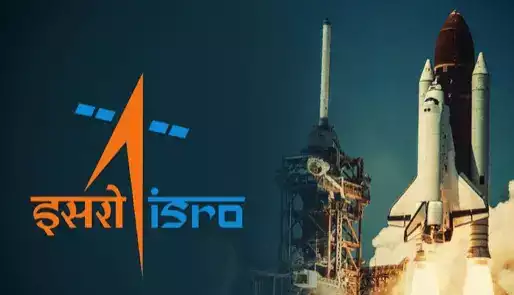The New Delhi Declaration at the G20 has garnered praise from Congress leader Shashi Tharoor, who recognizes it as a significant diplomatic achievement for India.
However, he also raises concerns about the ruling party’s utilization of the event for their political advantage.Tharoor’s positive assessment of the New Delhi Declaration underscores its importance in the realm of international diplomacy.
Such declarations represent collaborative efforts among nations to address pressing global challenges, and their successful drafting is indeed a diplomatic triumph.
However, Tharoor’s criticism regarding the ruling party’s exploitation of the event highlights the intersection of diplomacy and domestic politics. It is not uncommon for political leaders to leverage international achievements for domestic political gain.In the case of the New Delhi Declaration, the ruling party’s actions could be seen as an attempt to project themselves as strong advocates of India’s interests on the global stage.
This is a common political strategy employed by governments to bolster their image and appeal to voters.
Tharoor’s remarks serve as a reminder of the complexities of diplomacy in a political context. While international diplomatic achievements are vital for a nation’s standing in the global community, their impact on domestic politics cannot be ignored.
In conclusion, the New Delhi Declaration’s recognition as a diplomatic triumph by Shashi Tharoor reflects its significance in international diplomacy. However, his critique of the ruling party’s political tactics underscores the interplay between diplomacy and domestic politics, a dynamic that often shapes how nations engage with the world.



